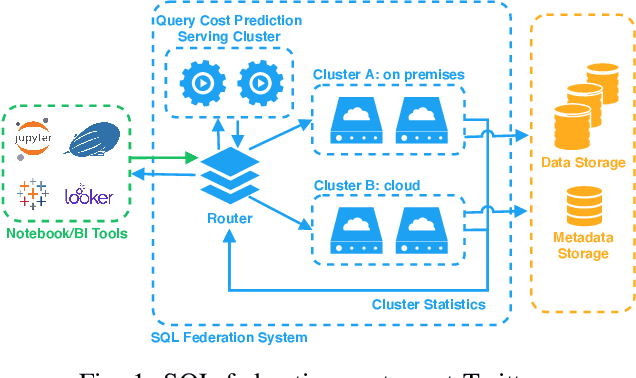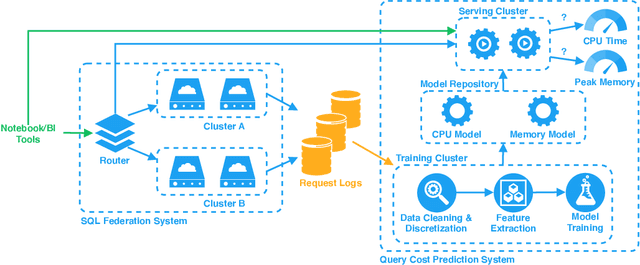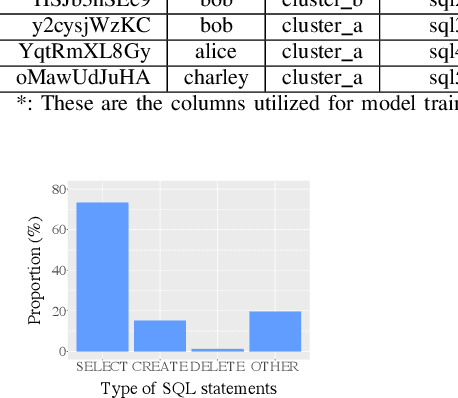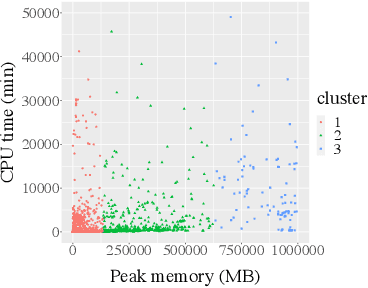Zhenxiao Luo
Edge-Based Video Analytics: A Survey
Mar 25, 2023



Abstract:Edge computing has been getting a momentum with ever-increasing data at the edge of the network. In particular, huge amounts of video data and their real-time processing requirements have been increasingly hindering the traditional cloud computing approach due to high bandwidth consumption and high latency. Edge computing in essence aims to overcome this hindrance by processing most video data making use of edge servers, such as small-scale on-premises server clusters, server-grade computing resources at mobile base stations and even mobile devices like smartphones and tablets; hence, the term edge-based video analytics. However, the actual realization of such analytics requires more than the simple, collective use of edge servers. In this paper, we survey state-of-the-art works on edge-based video analytics with respect to applications, architectures, techniques, resource management, security and privacy. We provide a comprehensive and detailed review on what works, what doesn't work and why. These findings give insights and suggestions for next generation edge-based video analytics. We also identify open issues and research directions.
Forecasting SQL Query Cost at Twitter
Apr 12, 2022



Abstract:With the advent of the Big Data era, it is usually computationally expensive to calculate the resource usages of a SQL query with traditional DBMS approaches. Can we estimate the cost of each query more efficiently without any computation in a SQL engine kernel? Can machine learning techniques help to estimate SQL query resource utilization? The answers are yes. We propose a SQL query cost predictor service, which employs machine learning techniques to train models from historical query request logs and rapidly forecasts the CPU and memory resource usages of online queries without any computation in a SQL engine. At Twitter, infrastructure engineers are maintaining a large-scale SQL federation system across on-premises and cloud data centers for serving ad-hoc queries. The proposed service can help to improve query scheduling by relieving the issue of imbalanced online analytical processing (OLAP) workloads in the SQL engine clusters. It can also assist in enabling preemptive scaling. Additionally, the proposed approach uses plain SQL statements for the model training and online prediction, indicating it is both hardware and software-agnostic. The method can be generalized to broader SQL systems and heterogeneous environments. The models can achieve 97.9\% accuracy for CPU usage prediction and 97\% accuracy for memory usage prediction.
 Add to Chrome
Add to Chrome Add to Firefox
Add to Firefox Add to Edge
Add to Edge